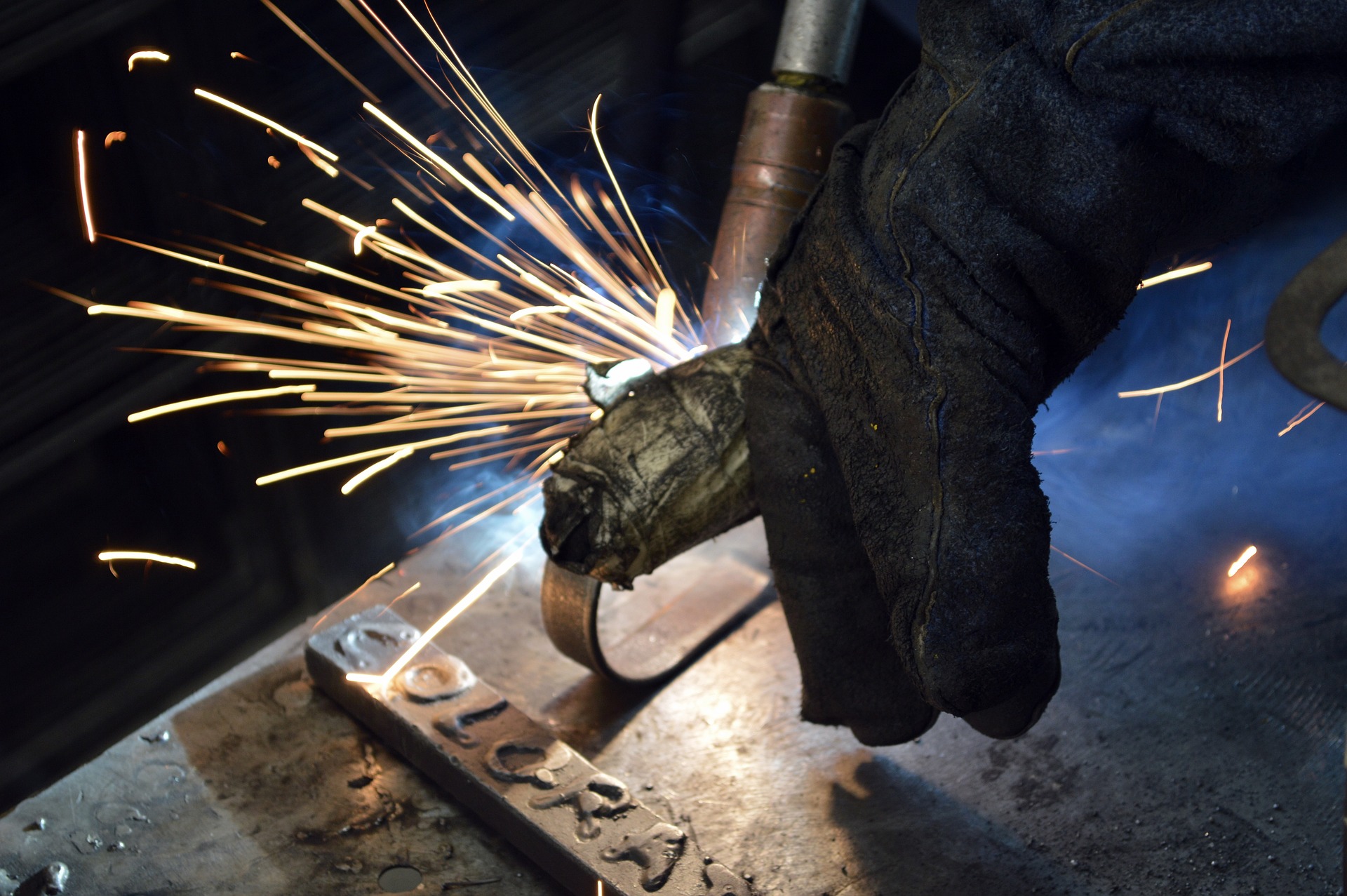Comprehensive Guide to Mechanical Engineering Training in London
Mechanical engineering stands as one of the most versatile and in-demand engineering disciplines in today's technical landscape. For aspiring engineers in London, the breadth of training options available can be overwhelming yet exciting. From prestigious university degrees to specialized short courses and apprenticeships, London offers a remarkable variety of pathways to becoming a qualified mechanical engineer. This comprehensive guide explores the training landscape, highlighting key institutions, course types, and opportunities to help you make informed decisions about your mechanical engineering career journey in one of the world's premier engineering hubs.

Exploring Mechanical Engineering Training Options in London
London boasts an impressive array of mechanical engineering training pathways suited to diverse educational backgrounds and career aspirations. Traditional university education remains the most common route, with undergraduate programs typically spanning three to four years. Many institutions offer integrated master’s degrees (MEng) extending to four or five years, which combine bachelor’s and master’s level studies. For professionals seeking to enhance specific skills or change careers, postgraduate courses, part-time degrees, and specialized certifications provide flexible alternatives. Additionally, apprenticeship programs have gained significant traction, allowing students to earn while they learn through partnerships between educational institutions and engineering companies. These varied pathways ensure that mechanical engineering education in London is accessible regardless of your starting point, schedule constraints, or learning preferences.
Types of Mechanical Engineering Training Available
The diversity of mechanical engineering training in London reflects the multifaceted nature of the discipline itself. Undergraduate degrees typically cover fundamental mechanical engineering principles, thermodynamics, materials science, fluid mechanics, and structural analysis. Specialized master’s programs delve deeper into niche areas such as aerospace engineering, automotive design, robotics, sustainable energy systems, or manufacturing technology. For professionals seeking targeted skill development, short courses and technical certificates address specific competencies like CAD design, computational fluid dynamics, or advanced manufacturing techniques. Professional development courses offered by engineering societies provide current engineers with opportunities to stay abreast of emerging technologies and methodologies. Meanwhile, distance learning options have expanded considerably, with many institutions offering online or hybrid programs that combine virtual learning with practical laboratory sessions, making quality mechanical engineering education more accessible than ever.
Top Institutions for Mechanical Engineering Training
London houses several world-renowned institutions offering exceptional mechanical engineering education. Imperial College London stands as a global leader, consistently ranked among the top engineering schools worldwide, with particular strengths in thermofluids, robotics, and materials. University College London (UCL) offers innovative programs integrating mechanical engineering with emerging fields like biomedical engineering and sustainable technologies. King’s College London provides specialized mechanical engineering courses with strong industry connections, while Queen Mary University of London is known for its practical, hands-on approach to engineering education. Beyond universities, the City & Guilds of London Institute delivers respected vocational qualifications in mechanical engineering, and the Institution of Mechanical Engineers (IMechE) offers professional development courses and accreditation pathways. Each institution brings unique strengths, teaching philosophies, and industry connections, allowing students to find programs aligned with their specific career aspirations.
Costs and Financing Options for Mechanical Engineering Training
Understanding the financial investment required for mechanical engineering education is crucial for prospective students. Undergraduate degree programs at London universities typically range from £9,250 per year for UK students to £25,000-£35,000 annually for international students. Master’s programs generally cost between £12,000 and £35,000 for the full course, depending on the institution and student’s residency status. Professional short courses vary widely, from £500 for weekend workshops to £5,000 for comprehensive certification programs. Apprenticeships represent a financially advantageous alternative, with participants earning salaries while studying, typically ranging from £12,000 to £24,000 annually depending on employer and program level.
| Institution | Program Type | UK Student Annual Cost | International Student Annual Cost |
|---|---|---|---|
| Imperial College London | Undergraduate MEng | £9,250 | £33,750 |
| University College London | MSc Mechanical Engineering | £15,480 | £31,200 |
| King’s College London | BEng Mechanical Engineering | £9,250 | £28,600 |
| Queen Mary University of London | MEng Mechanical Engineering | £9,250 | £25,950 |
| City & Guilds | Level 4 Diploma | £4,000-£6,000 | £4,000-£6,000 |
Prices, rates, or cost estimates mentioned in this article are based on the latest available information but may change over time. Independent research is advised before making financial decisions.
Industry Recognition and Accreditation
When selecting a mechanical engineering training program in London, accreditation and industry recognition should be primary considerations. Programs accredited by the Engineering Council through professional bodies like the Institution of Mechanical Engineers (IMechE) provide a clear pathway toward professional qualification as an Incorporated (IEng) or Chartered Engineer (CEng). These designations significantly enhance career prospects and earning potential. Most reputable London institutions maintain strong relationships with engineering employers, incorporating industry-relevant projects, internships, and placement opportunities into their curricula. Many programs also feature input from industrial advisory boards, ensuring that course content remains aligned with current industry needs. For international students, it’s worth verifying that qualifications will be recognized in their home countries, as most London-based accredited programs hold global recognition through international agreements like the Washington Accord.
Practical Skills Development and Industry Connections
Beyond theoretical knowledge, successful mechanical engineering training demands hands-on practical experience. London’s top institutions excel in this regard, offering state-of-the-art laboratories, workshop facilities, and design studios. Imperial College’s mechanical engineering department features specialized thermodynamics labs, advanced manufacturing workshops, and robotics facilities. UCL’s MechSpace provides students with rapid prototyping tools, CNC machines, and collaborative design spaces. Industry partnerships enhance these practical learning environments, with many programs incorporating real-world projects sponsored by engineering firms. London’s position as a global engineering hub creates unique opportunities for networking, internships, and graduate employment. Most institutions host regular industry events, career fairs, and guest lectures from leading engineering professionals, helping students build connections that can prove invaluable when entering the job market. These practical elements ensure graduates possess not just theoretical understanding but the applied skills demanded by employers.
The mechanical engineering training landscape in London offers exceptional breadth and quality, with options suited to diverse career aspirations, educational backgrounds, and learning preferences. Whether pursuing a traditional university degree, specialized certification, or work-based apprenticeship, students benefit from world-class instruction, cutting-edge facilities, and strong industry connections. By carefully evaluating program accreditation, specialization options, cost considerations, and practical learning opportunities, aspiring mechanical engineers can find pathways that align with their professional goals and personal circumstances, launching successful careers in this dynamic and rewarding field.




